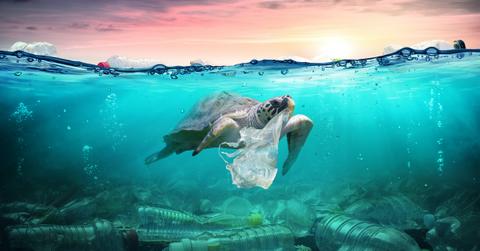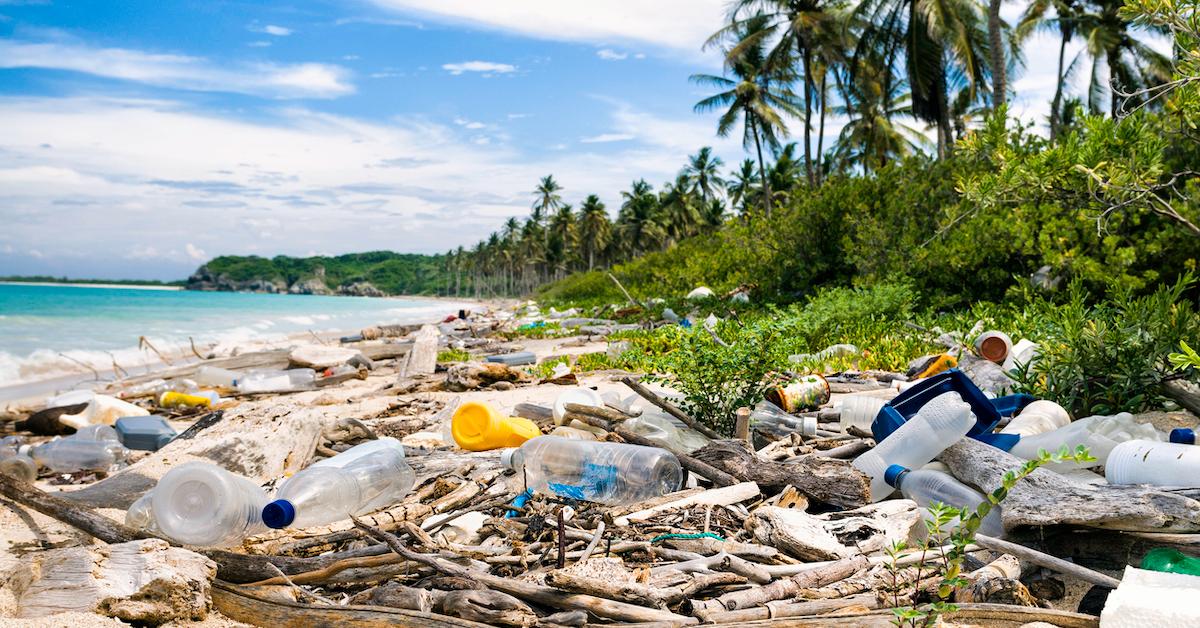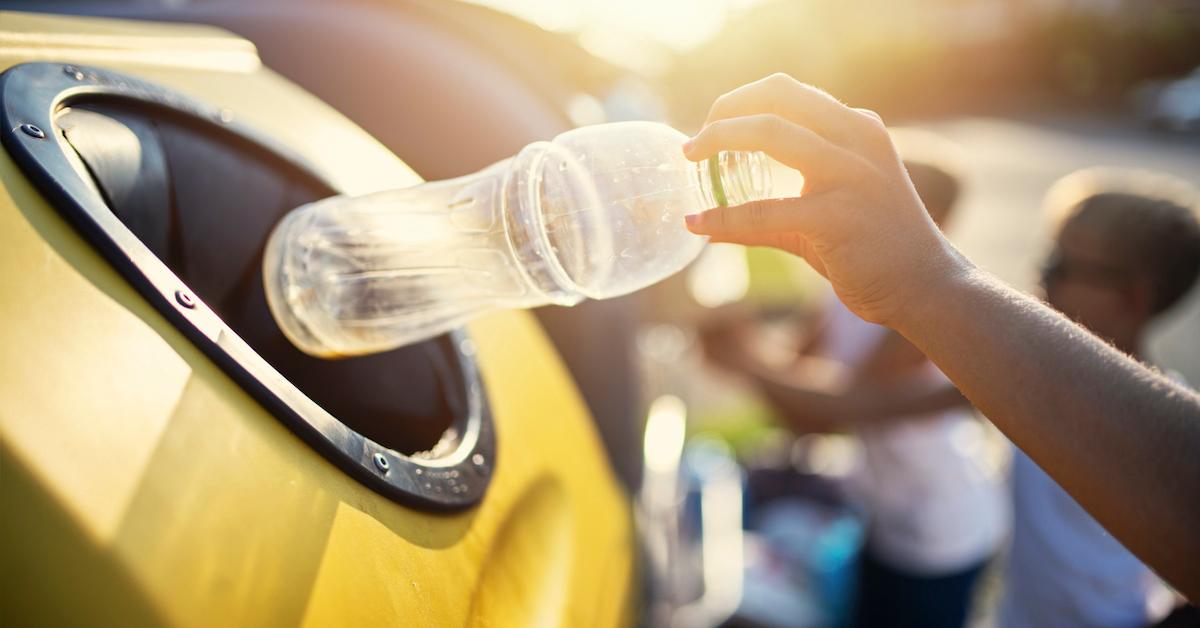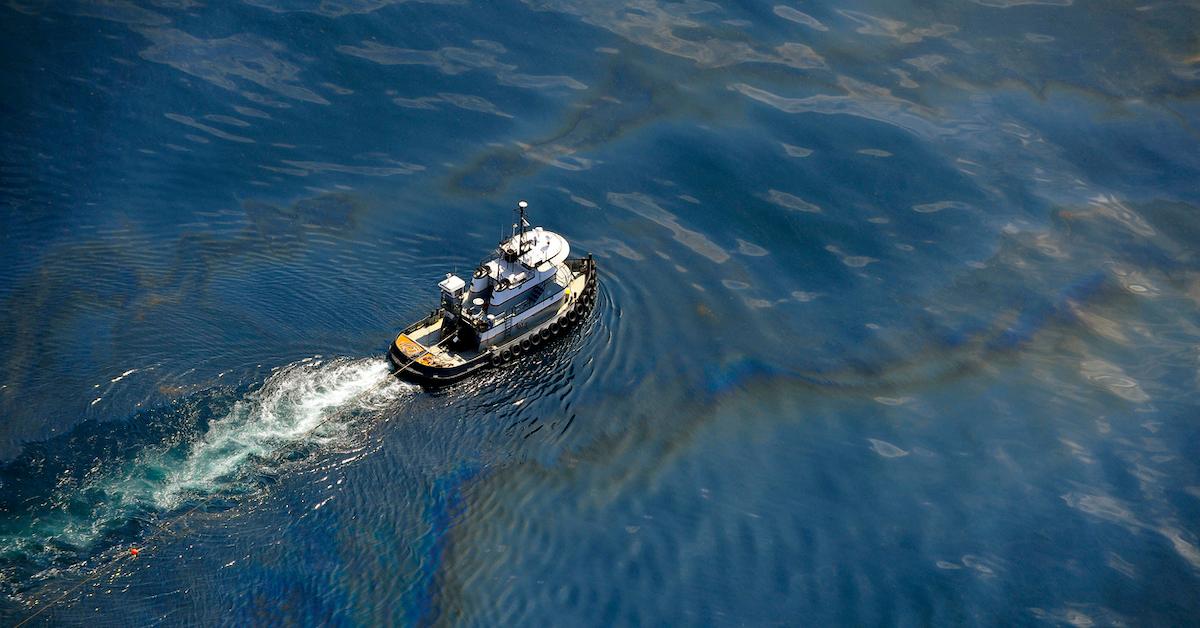So It's Too Late to Clean up the Ocean, Scientists Say — What Happens Now?
Updated Sept. 1 2020, 3:39 p.m. ET

Approximately 97 percent of planet earth is covered by oceans, so one would think we would do more to keep our marine life healthy, however, that doesn't seem to be the case. Plastic spills over from landfills, and marine wildlife face various types of toxins on a regular basis. And while scientists say it's too late to address the problem by attempting to clean the oceans directly, the solution is to tackle the larger issues from the source, on land.
“It’s too late to clean up the mess. Plastic is everywhere in the ocean, and the waste on the surface accounts for only a tiny fraction of the total," said Jean-François Ghiglione, an ecotoxicologist at the Laboratory of Microbial Oceanography. "We must first tackle pollution at the source by producing less of this material and recycling it more efficiently."

Plastic is one of the leading offenders of marine pollution.
Because of an inability to actually recycle every piece of discarded plastic, 10 million tons of plastic are dumped into the ocean annually, according to CNRS News. This rogue trash ultimately kills tremendous amounts of wildlife, whether it's from entanglement, ingestion, or from microplastic toxicity. But, either way, it's eliminating species on the regular.
Although utilizing ocean clean up boats would prevent undersea wildlife from continuing to interact with plastics, scientists such as Ghiglione believe it would be exponentially more effective to put our time and resources into fixing the issue at its source. Scientists are working on replacing single-use plastics, and certain government organizations, such as the EU, are already working on banning them.
Scientists are also looking into utilizing marine bacteria to break down undersea microplastics. Many believe this wouldn't work at an effective rate, such as Ghiglione, who says it would work too slowly to decrease plastic pollution on an effective scale. However, she mentions that it could be modified to lower the effects of oil spills, which is still being researched.

Chemical poisoning is another dire issue that can't simply be cleaned up.
While oil spills are large chemical poisoning contributors, the ocean faces chemical contamination on a regular basis from medicines, pesticides, cosmetics, detergents, and more. According to CNRS News, countries are starting to ban several of these types of products, because they ultimately affect marine life and a large portion of the food chain... including humans.
For matters like these, the only effective approach is by regulating and reducing these types of chemicals, and changing our ways. They take such a major toll on the environment, that they should simply be done away with as much as possible.
“We need to act on land, before these substances reach the sea, by reducing their production, regulating them and in certain cases banning them,” Françoise Gaill, CNRS research professor emeritus and vice-president of the Ocean and Climate Platform says.
Hélène Budzinski of the EPOC laboratory said the same thing.
"We need to change our way of life and make much more rational use of chemistry. In particular, by doing away with medicines we don’t need, simplifying chemical formulations, especially of cosmetics, and focusing on the quality of materials rather than on processing them chemically.”

Some countries are worse with pollution than others.
We aren't trying to point any fingers, but there are definitely a handful of countries with high rates of pollution, that could do more to address the situation at hand (re: ocean pollution!). The leading contributor to planet earth's ocean pollution is apparently China, which is followed closely by Indonesia, the Phillipines, and, finally, Vietnam.
With that in mind, we should all be making efforts to discard less waste, and consume as little single-use plastic as possible until scientists further develop these solutions. As mentioned previously, this problem will only be solved if we curb the issue at its source.